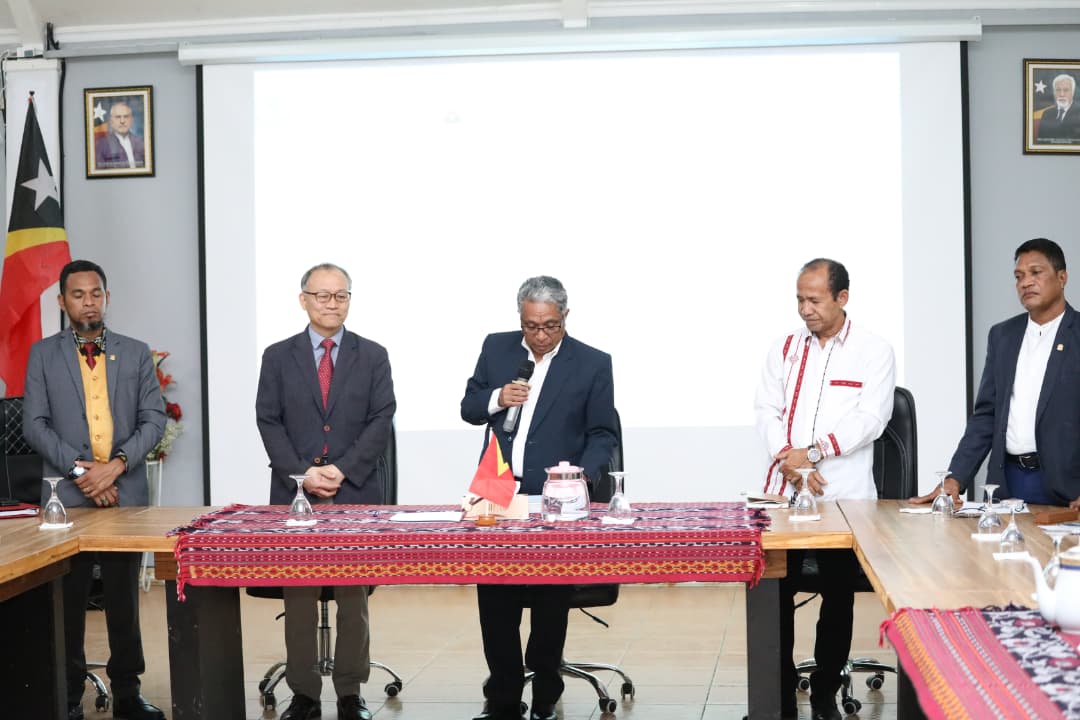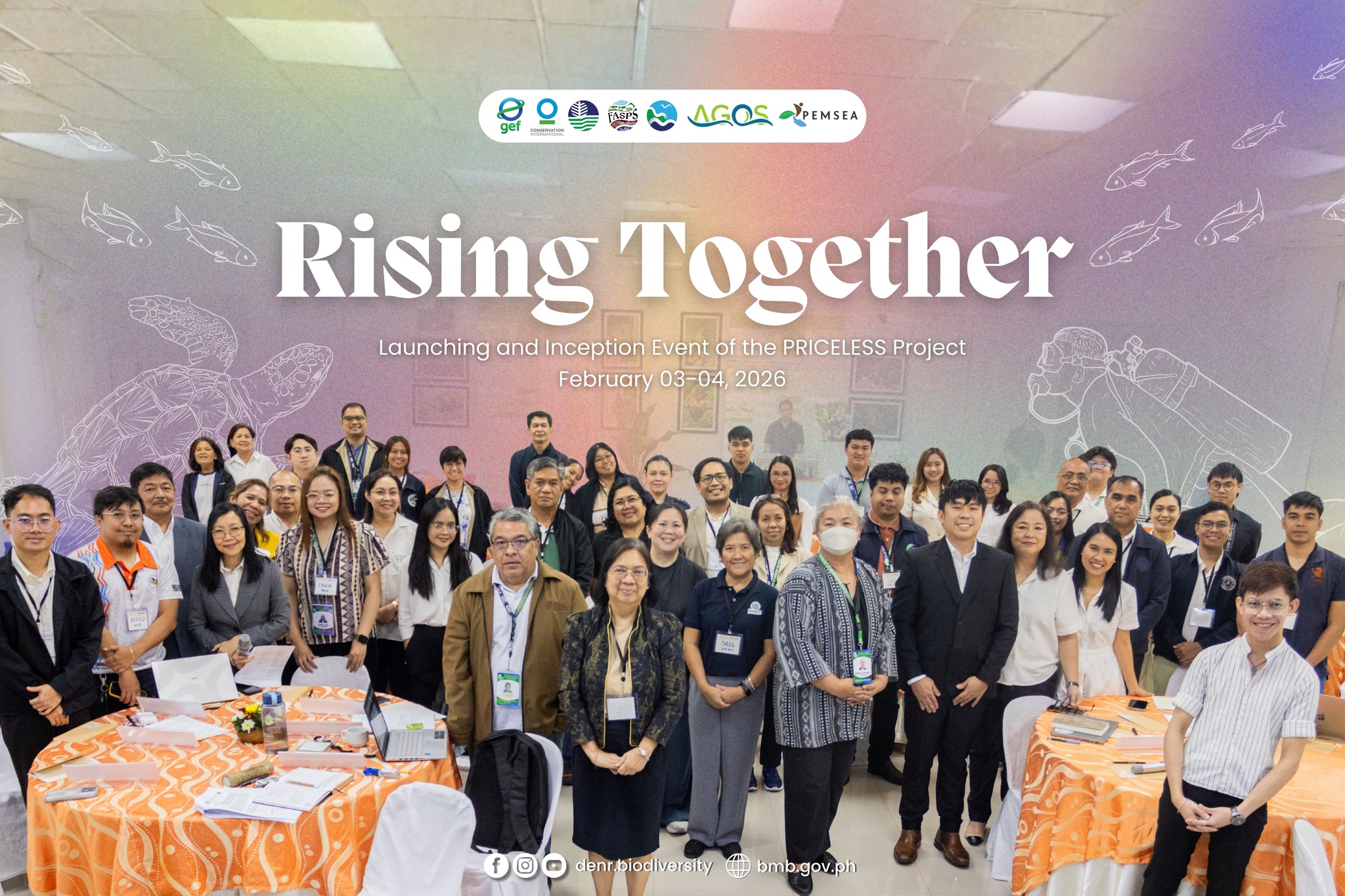EMECS Joins PEMSEA as Non-Country Partner
Thursday, 21 August 2008

Quezon City, Philippines — The International Center for the Environmental Management of Enclosed Coastal Seas (EMECS) is now the newest Non-Country Partner of PEMSEA. The Executive Committee of the East Asian Seas Partnership Council approved the application of EMECS to become a partner in the implementation of the Sustainable Development Strategy for the Seas of East Asia (SDS-SEA) and assist during its second EC Meeting on 15 March.EMECS is a non-profit organization based in Kobe, along the Seto-Inland Sea, in Japan. EMECS has strong networks of nongovernmental organizations, researchers and prefectural governments regarding the pollution reduction and preservation of the environment of the Seto-Inland Sea. The development of the total water pollutant load control system in Japan originated in the Seto-Inland Sea area.EMECS was established with the support of Japan's Ministry of Environment. This enables them to have multisectoral networks even with the national government. The mission of EMECS is to construct an organized network linking governments, researchers, companies, stakeholders and other entities to promote academic exchange on an international level and conduct research, training and support activities, in order to preserve as well as rehabilitate existing enclosed coastal sea environments, and help create a society capable of sustainable development in which human beings can co-exist with diversity of nature.The main activities of EMECS include:The organization of EMECS Conferences;Implementation of training programs for the officials of developing countries; andProvision of educational programmes on coastal and marine environments to local residents and students.In line with the Partnership Operating Arrangements for the Implementation of the Sustainable Development Strategy for the Seas of East Asia, EMECS and PEMSEA will enter into a partnership arrangement through a Memorandum of Agreement or similar instrument on the implementation of the SDS-SEA.





